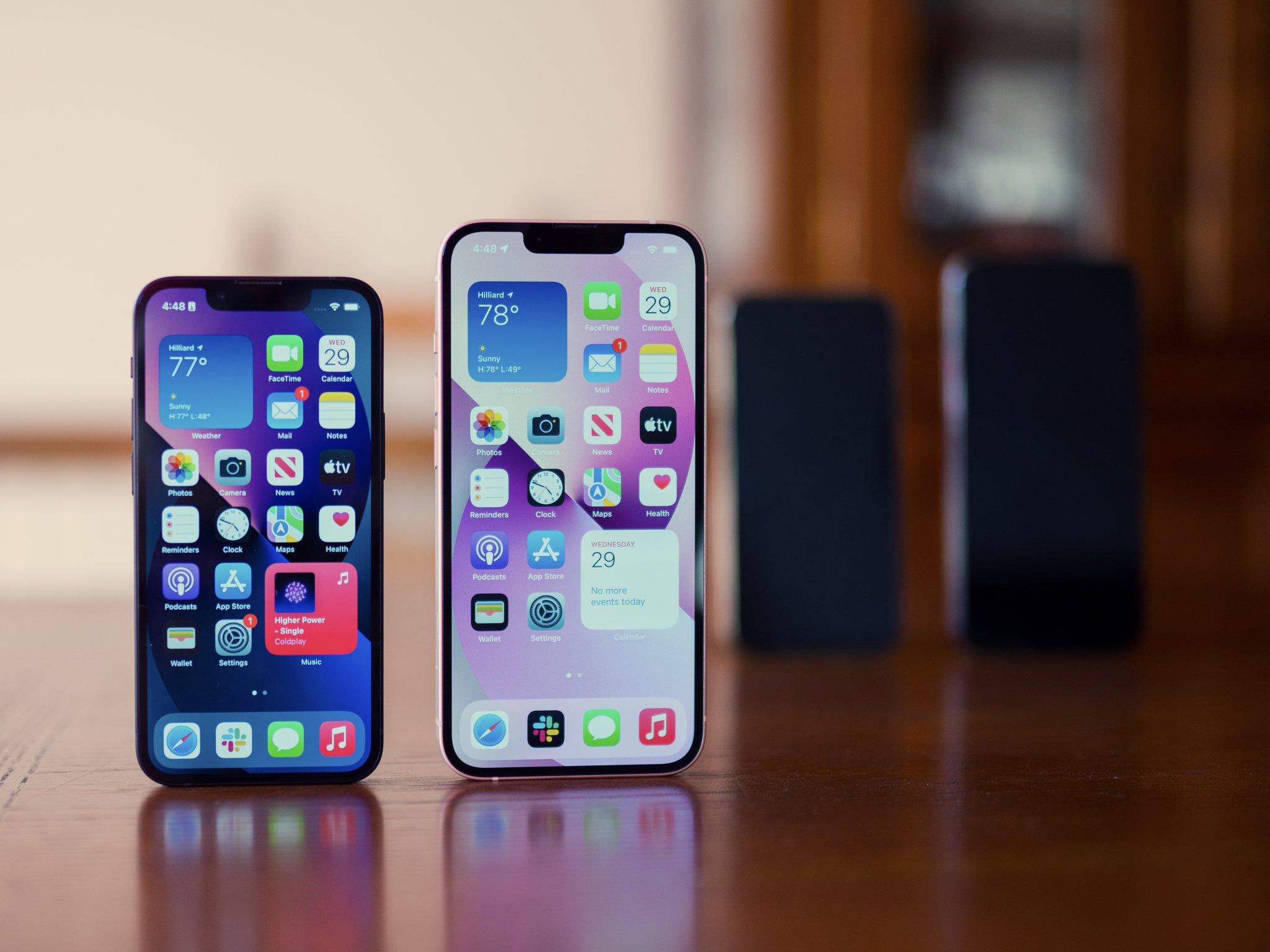Apple's iOS 15.2 doesn't break Face ID when iPhone 13 screens are replaced

What you need to know
- iPhone 13 devices currently lose Face ID functionality if their screens are replaced by an unofficial repair shop.
- With the iOS 15.2 beta installed, one repair shop has confirmed Face ID continues to work even after the transplant.
In what can only be good news for third-party repair shops and clumsy people alike, it's been confirmed that the iOS 15.2 beta fixes an issue that saw Face ID fail on iPhone 13 devices when their screens were replaced. The issue only happened when a third-party repair shop carried out the work, but that is no longer the case and screens can now be replaced by anyone.
The issue relates to a microcontroller attached to the iPhone 13 screens that currently needs to be configured for each individual iPhone or, if a repair shop doesn't have the software required to do that, the chip itself needs to be swapped. That's a problematic process for various reasons and if it wasn't done, Face ID would fail. We'd heard last week that a change was coming that would fix all of that — and now a repair shop in the UK says that change is in iOS 15.2.
First spied by The Verge, repair outfit iCorrect says Face ID still worked after they swapped a screen and didn't do anything to the controller.
Check out the video to see the process go down.
The iPhone does still display a message saying the screen can't be confirmed as a genuine Apple part, however. That's notable because iCorrect says the screen being used is indeed an Apple screen, so something's still afoot here. Still, at least there's light at the end of this particular tunnel.
The best iPhone is an iPhone without a broken screen, so it's good to see Apple making it easier to get a screen replaced when needed. Now we just need that error message cleared out and we can call this one done.
iMore offers spot-on advice and guidance from our team of experts, with decades of Apple device experience to lean on. Learn more with iMore!

Oliver Haslam has written about Apple and the wider technology business for more than a decade with bylines on How-To Geek, PC Mag, iDownloadBlog, and many more. He has also been published in print for Macworld, including cover stories. At iMore, Oliver is involved in daily news coverage and, not being short of opinions, has been known to 'explain' those thoughts in more detail, too.
Having grown up using PCs and spending far too much money on graphics card and flashy RAM, Oliver switched to the Mac with a G5 iMac and hasn't looked back. Since then he's seen the growth of the smartphone world, backed by iPhone, and new product categories come and go. Current expertise includes iOS, macOS, streaming services, and pretty much anything that has a battery or plugs into a wall. Oliver also covers mobile gaming for iMore, with Apple Arcade a particular focus. He's been gaming since the Atari 2600 days and still struggles to comprehend the fact he can play console quality titles on his pocket computer.
